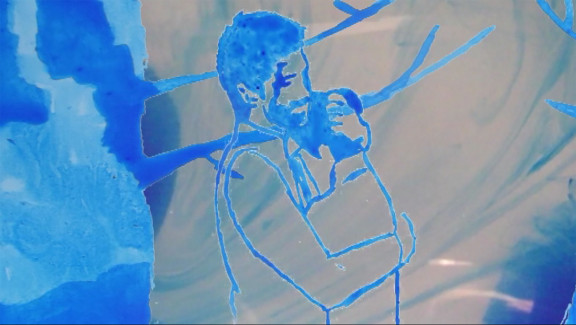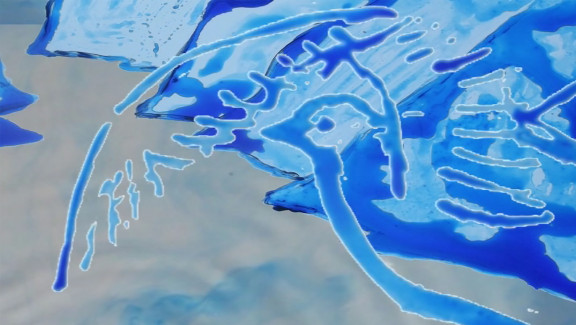The Flower of Carnage
Synopsis
The flower of carnage is a traditional 2D short animation that is based on the story of the willow plate. It’s a forbidden love story that is created using both blue ink and nail varnish onto acetate sheets. The ink maintains the fluidity of the animation.
Details
- Year
- 2015
- Type of project
- Shorts
- Running time
- 2 mins 32 secs
- Director
-
Megan Horton, Kandise Adams
- Producer
- Megan Horton, Kandise Adams
- Editor
- Megan Horton, Kandise Adams
- Sound
- Megan Horton, Kandise Adams
- Composer
- Patricia Spero
- lighting advisor
- Karen Mills
- reference footage actors
- Merika Sam-German, Joe Watters
- voice actor
- Bethan Dixon Bate
Genre
Categories
Production Status
Production Company
m.horton93@outlook.com
Page updates
This page was last updated on 12th May 2025. Please let us know if we need to make any amendments or request edit access by clicking below.
See also
You may also be interested in other relevant projects in the database.
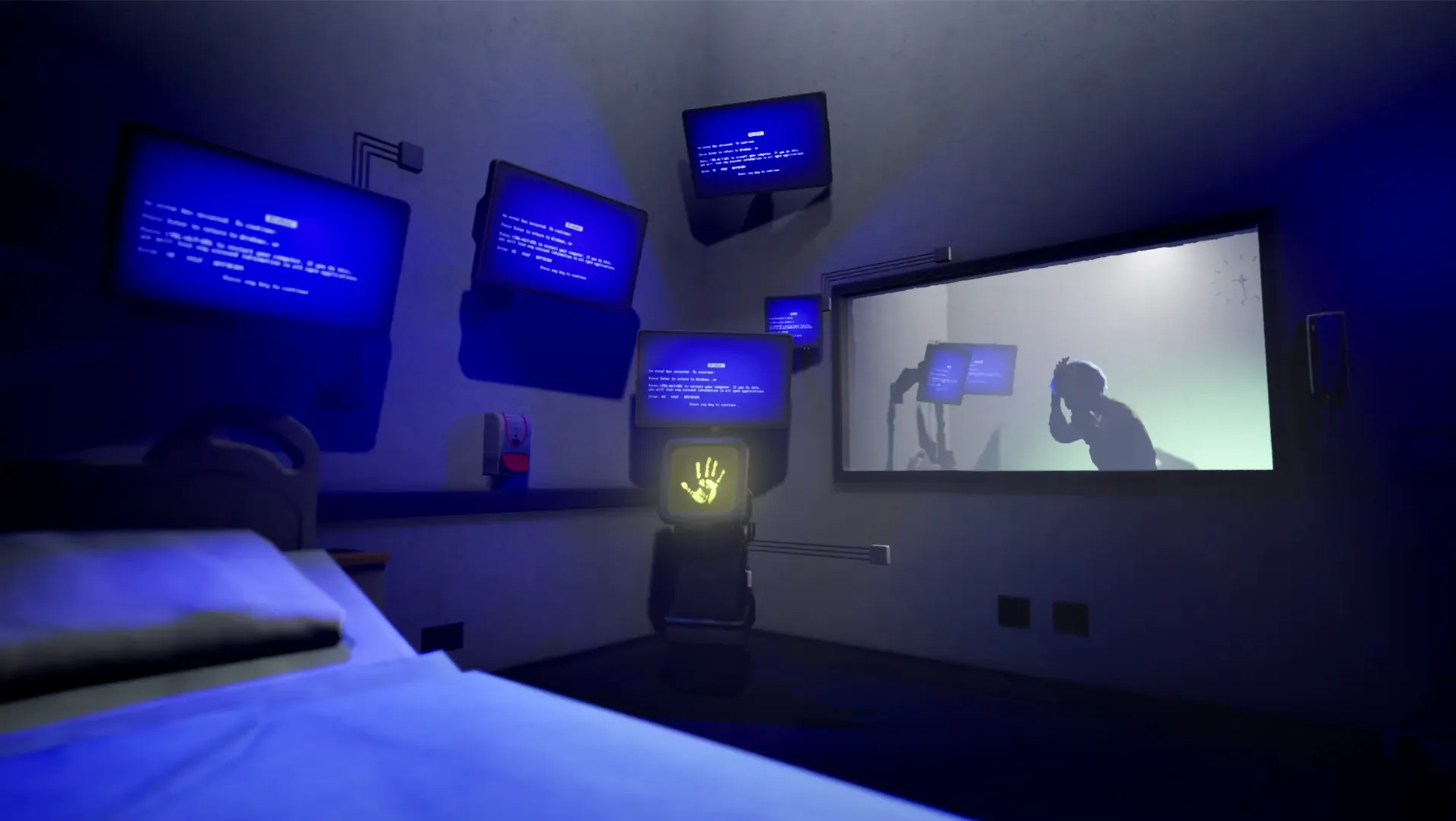 The Baby Factory is Closed
The Baby Factory is Closed
Director: Deepa Mann-Kler
Year: 2026
A 20-minute single-player immersive VR experience that places users inside the body of Zoraan, a British-born Sikh woman navigating menopause amidst climate collapse and the ruins of colonial medicine. You breathe with her. You scream with her. You dance your way out of sedation. Blending real-time visuals, bio-haptic feedback and diasporic sound, this work reframes menopause not as decline but as volatile power; closing ‘The Baby Factory’ to ignite a cultural revolution. Using gesture, voice and biometric feedback, audiences become co-conspirators in a volatile act of embodied rebellion. This is not a metaphor. This is an insurgency. Official Selection SXSW 2026 - XR Competition - World premiere
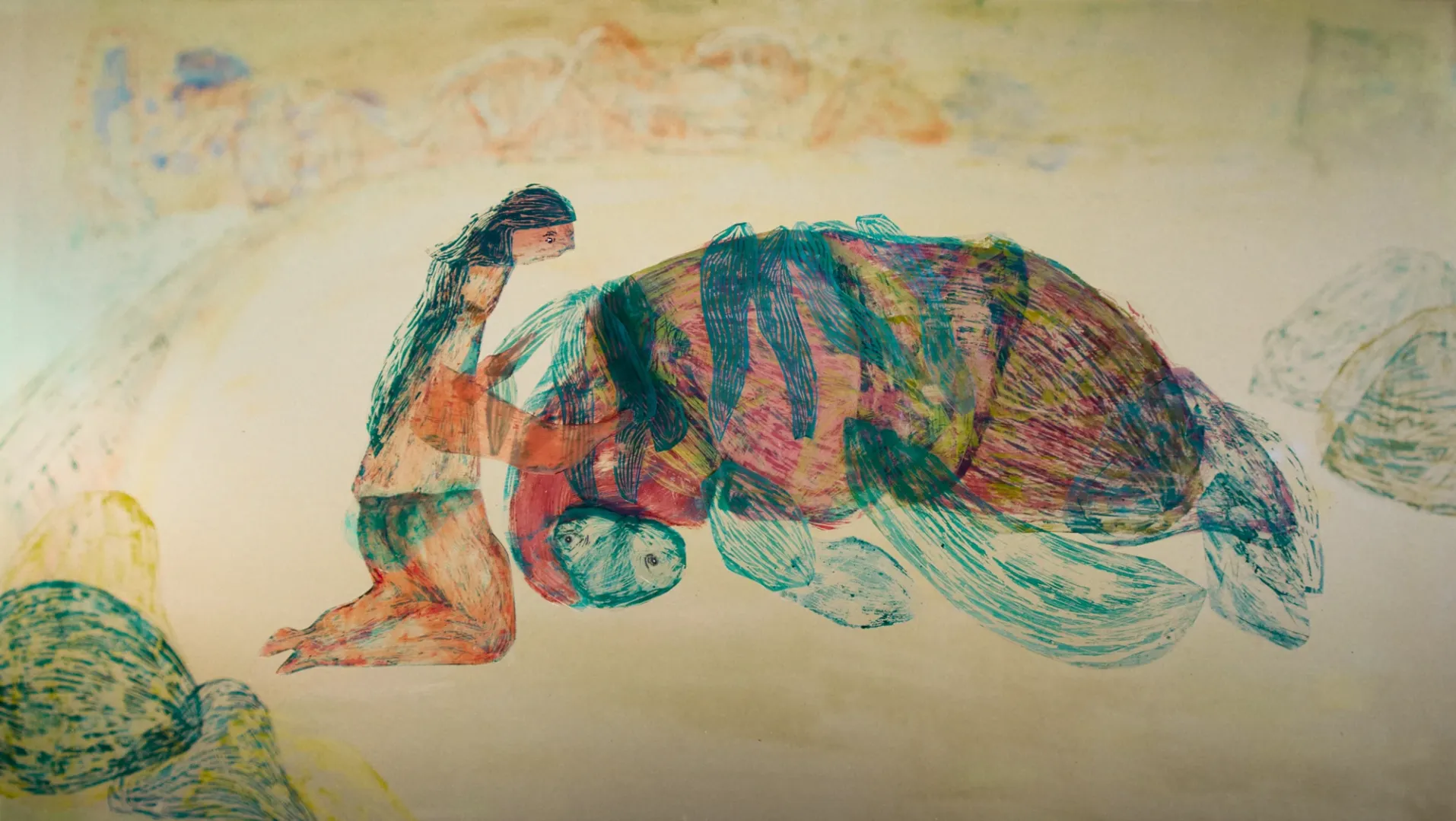 Criatura
Criatura
Director: Nitya Ramlogan
Year: 2025
13-year-old Lola discovers a mysterious sea creature in her new seaside hometown. Their day spent together at the fun fair reveals questions of belonging. Layered with documentary audio recordings of conversations with 13-year old Lola and her London school peers about migrating to London from Mexico. Official Selection Festival Internacional de Cine de Morelia 2025 Official Selection Aesthetica Short Film Festival 2025 Official Selection Stuttgart International Festival of Animated Film 2026
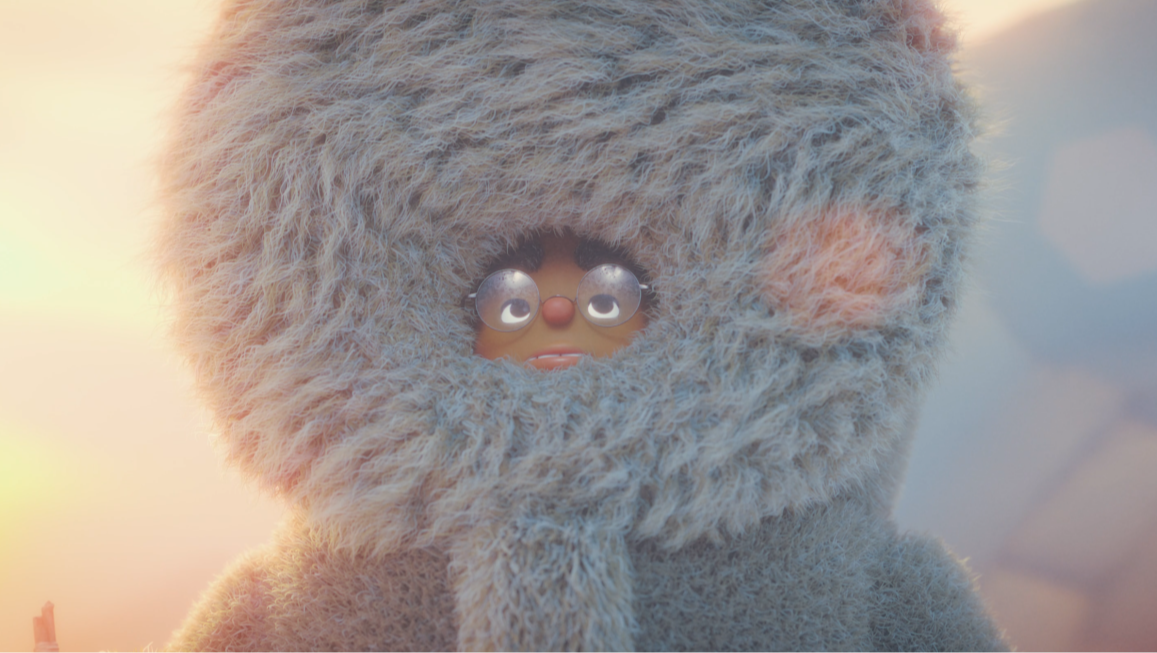 Solstice
Solstice
Director: Luke Angus
Year: 2025
A lonely Inuit must endure the endless summer daylight to be reunited with his lost love. BAFTA Film Awards 2025 - Nomination - Best British Short Animation
